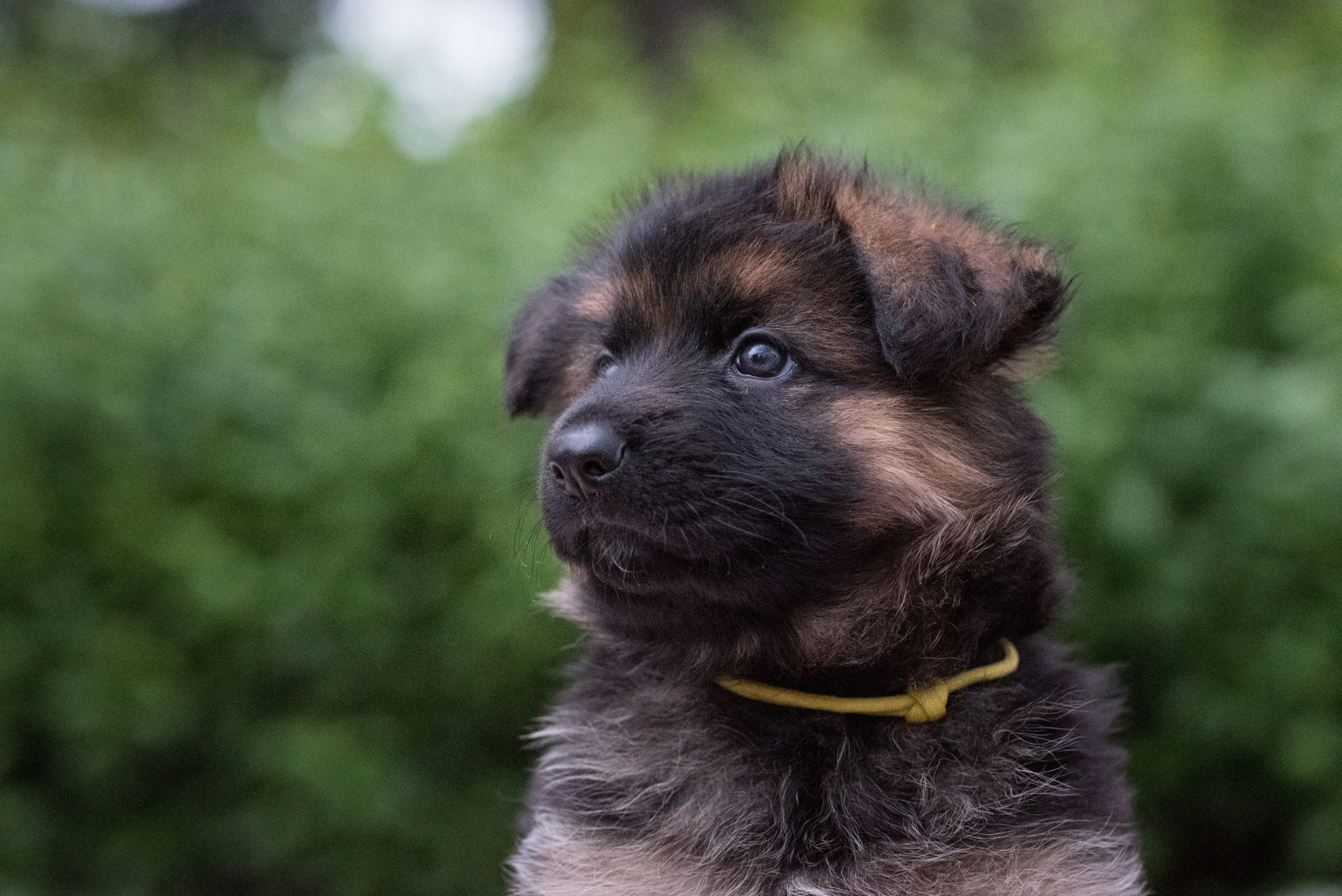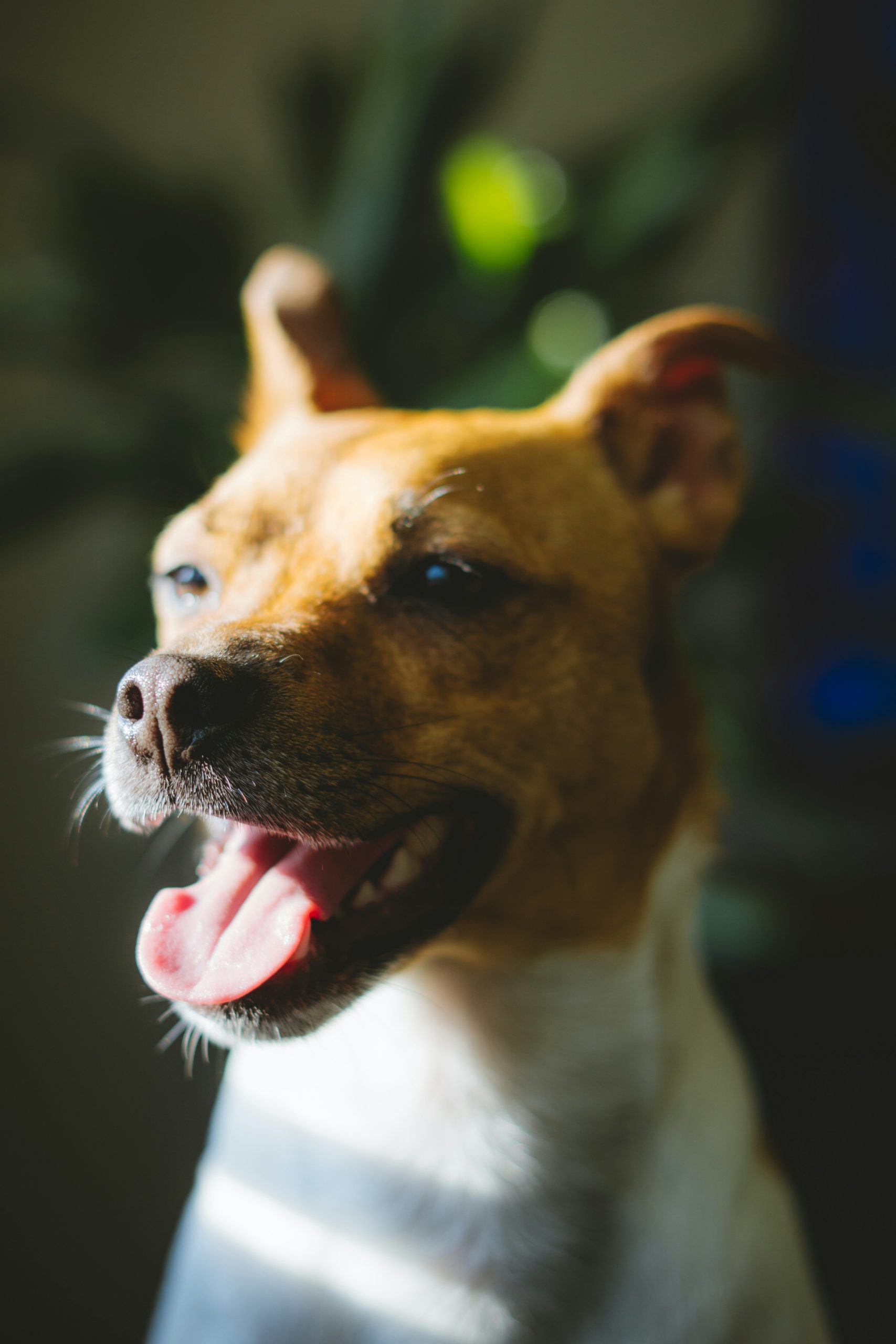
Online Vet Downey CA
Pet Lovers rejoice as your favorite Veterinary app is now live in your city. Bid goodbye to long waits and emergency pet care because now you can get personalized advice, care suggestions, and prompt responses for your pets. Meet vets who carry the same love and passion to serve animals. Enjoy unmatched convenience by connecting with a dedicated animal health professional now.

What is the process for receiving veterinary care online?
-
- Open the application and start a chat with a certified vet.
- Talk to the vet regarding the concern that is faced by your little one or have a regular chat about your pet’s health
- You will be presented with a personalized plan for your pet as soon as the expert assesses your furry friend’s condition.
-


What Sets Us Apart!
-
 On demand visits for urgent issues 24/7
On demand visits for urgent issues 24/7
-
 Unlimited access and follow ups for continuous pet care
Unlimited access and follow ups for continuous pet care
-
 Expert advice on healthcare, nutrition, behavior and all your pet needs!
Expert advice on healthcare, nutrition, behavior and all your pet needs!

Why do we need an online vet platform for pets?
-
- Reduced stress: Pets often experience higher levels of stress and anxiety when visiting a traditional veterinary clinic due to the unfamiliar sights, sounds, and smells. CuddlyTails is an online platform that allows them to receive care from the comfort of their home environment, minimizing stress and potential complications.
- Video and photo consultation: CuddlyTails allows owners to share videos or photos of their pets, enabling the veterinarian to observe the pet’s behavior, mobility, and any potential issues in their familiar surroundings. This can provide valuable insights for diagnosis and treatment.
- Accessibility to specialists: CuddlyTails provides access to a network of specialists, who can offer expert guidance on caring for pets and addressing any unique challenges they may face.
- Personalized advice: Through consultations and detailed discussions with the owner, CuddlyTails can offer personalized advice on creating a safe and enriching environment for pets, including tips on litter box placement, feeding routines, and navigating the home.
Why Does My Dog Snore?
-
Snoring in dogs can be a common occurrence and is often harmless, but it can also indicate underlying health issues. Understanding the reasons behind your dog’s snoring can help you determine whether it’s a normal behavior or if veterinary attention is needed. Here are the main causes of snoring in dogs:
1. Anatomy
- Brachycephalic Breeds: Dogs with short noses and flat faces, such as Bulldogs, Pugs, and Boxers, are more prone to snoring due to their unique anatomy. These breeds often have narrowed airways, which can lead to snoring as air struggles to pass through.
2. Sleeping Position
- Dogs that sleep on their backs may snore because their tongue can relax backward, partially obstructing the airway. Changing positions often resolves this temporary snoring.
3. Obesity
- Excess weight, particularly around the neck, can put pressure on the airway, making it more likely for dogs to snore. Weight management through diet and exercise can help reduce this issue.
4. Allergies
- Allergens such as pollen, dust, or smoke can cause inflammation in the nasal passages, leading to congestion and snoring. Dogs may also exhibit other symptoms like sneezing or a runny nose.
5. Infections and Illnesses
- Respiratory infections (bacterial or viral) can lead to swelling in the airways and nasal passages, resulting in snoring. Other signs may include coughing, lethargy, and nasal discharge.
6. Obstructions
- Foreign objects lodged in the nasal passages or throat can cause snoring by blocking airflow. This could include small toys or even food particles.
7. Dental Problems
- Issues such as tooth abscesses can cause swelling in the surrounding tissues, restricting airflow and leading to snoring.
8. Tumors or Growths
- Benign or malignant growths in the nasal cavity or throat can obstruct airflow and result in snoring. If your dog has suddenly started snoring or if there are other concerning symptoms, a veterinary evaluation is essential.
When to Seek Veterinary Help
While occasional snoring is usually not a cause for concern, you should consult your veterinarian if:
- The snoring is sudden and accompanied by other symptoms (coughing, difficulty breathing, lethargy).
- Your dog has a history of respiratory issues.
- There are noticeable changes in your dog’s behavior or health.
Conclusion
Understanding why your dog snores can help you determine whether it’s simply a quirk of their sleeping habits or a sign of an underlying health issue. By monitoring your dog’s overall health and consulting with your veterinarian when necessary, you can ensure that any potential problems are addressed promptly.




 On demand visits for urgent issues 24/7
On demand visits for urgent issues 24/7 


